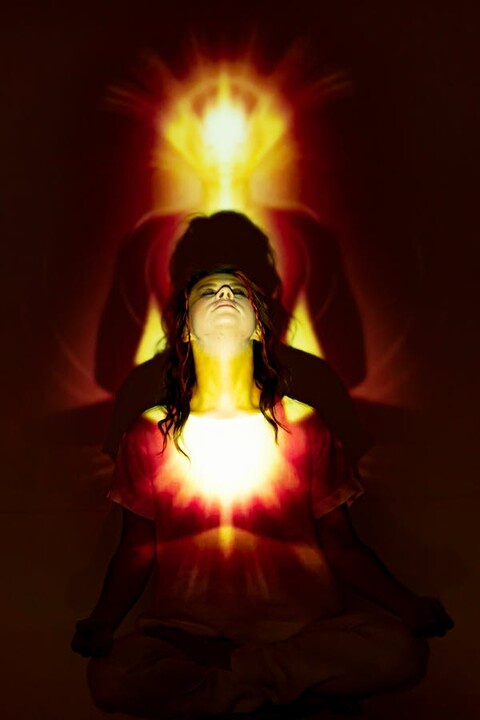In the realm of alternative medicine and holistic healing, there is a diverse array of practices that aim to balance and restore energy within the body. Two popular methods often mentioned in this context are integrated energy healing and Reiki. While both share the common goal of promoting overall well-being by addressing energy imbalances, they are distinct modalities with unique approaches. In this exploration, we will delve into the nuances of Integrated Energy Healing and Reiki, shedding light on their differences and similarities.
Understanding Integrated Energy Healing:
Integrated Energy Healing is a comprehensive approach that encompasses a variety of techniques from different energy healing modalities. It integrates elements from disciplines such as acupuncture, chakra balancing, quantum healing, and other holistic therapies. Practitioners of Integrated Energy Healing often customize their sessions based on the unique needs and energy imbalances of each individual.
The fundamental premise of Integrated Energy Healing is that disruptions in the body's energy flow can lead to physical, emotional, and spiritual ailments. By combining various healing methods, practitioners seek to harmonize and optimize the flow of energy, promoting a state of balance and well-being.
Reiki: An Ancient Art of Healing:
Reiki, on the other hand, is a specific form of energy healing that originated in Japan in the early 20th century. The word "Reiki" is a combination of two Japanese words - "rei," meaning universal, and "ki," meaning life energy. Reiki practitioners channel this universal life energy through their hands to the recipient, aiming to promote relaxation, stress reduction, and healing.
Reiki operates on the belief that a life force energy flows through all living things. When this energy is low or imbalanced, it can lead to illness or stress. By transmitting healing energy through touch, Reiki practitioners intend to restore balance, fostering a sense of peace and well-being.
Key Differences:
Scope of Techniques:
Integrated Energy Healing incorporates a broad spectrum of techniques from various healing modalities, offering a more diverse and customizable approach.
Reiki, in contrast, follows a more standardized method of energy transmission through specific hand positions, with less variation in technique.
Cultural Roots:
Integrated Energy Healing draws from diverse cultural and holistic traditions, creating a synthesis of practices from around the world.
Reiki has Japanese origins and is deeply rooted in the teachings of Mikao Usui, who developed the system in the early 20th century.
Philosophical Foundation:
Integrated Energy Healing often involves a blend of Eastern and Western philosophies, emphasizing the interconnectedness of mind, body, and spirit.
Reiki is grounded in Eastern spiritual concepts, particularly the idea of a universal life force energy that sustains and animates all living things.
Conclusion:
While Integrated Energy Healing and Reiki share the overarching goal of restoring balance and promoting well-being through energy work, their differences lie in their approaches, techniques, and cultural foundations. intuitive healing therapy offers a more eclectic and adaptable framework, while Reiki adheres to a specific set of practices rooted in Japanese traditions. Both modalities, however, contribute to the rich tapestry of holistic healing, providing individuals with options to explore and find the approach that resonates best with their unique needs and beliefs.


No comments yet